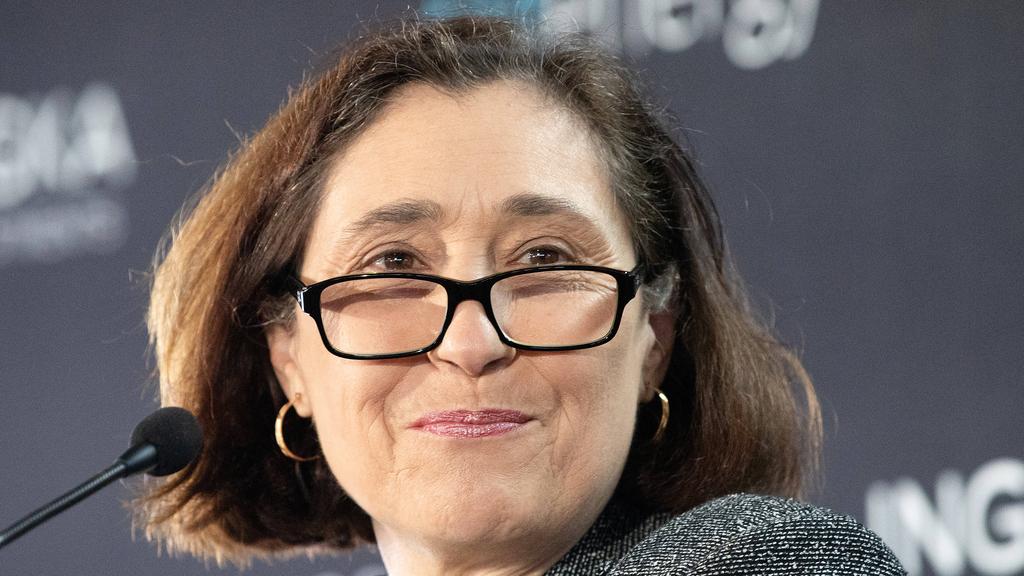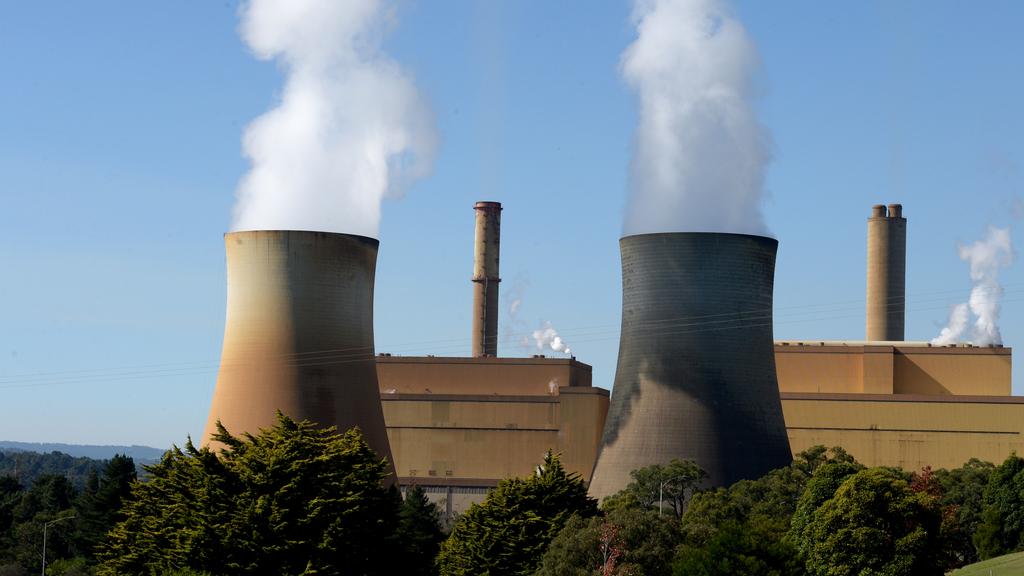
Article by Colin Packham, courtesy of The Australian.

Victoria is likely to have to burn coal for longer, endure a gas shortage and suffer delays in developing renewable energy projects that will cause significant economic harm and undermine efforts to reduce emissions, a report from an independent agency engaged by the state Labor government has found.
The findings will heighten concern about Victoria’s energy transition plan. Victoria has legislated Australia’s most aggressive energy transition policy, with the state committed to cutting emissions by 75-80 per cent by 2035, while bringing forward its net-zero target by five years to 2045.
To achieve this, Victoria will prohibit coal power generation by 2035.
However, a Jacobs report commissioned late last year by the state government found there were elevated risks around Victoria’s energy plan.
“The biggest changes required in Victoria’s energy system to drive the path to a low carbon future carry the greatest number of very high and high risks. The (systems engineering and assurance modelling) identified changes in brown coal generation retirement dates as having the largest overall impact on the achievement of Victorian emissions objectives in 2035,” the report concludes.
The report says there are eight so-called risk events, ranging from extending coal power stations to gas shortfalls, transmission projects not delivered on time and the electrification of the state not occurring as quickly as the state government expects.
The report concludes the eight risks are “likely”, and should they eventuate, there will be “severe” effects on both emissions and affordability.
The findings will not surprise the renewables industry. Australia’s energy sector is increasingly concerned about the capacity of Victoria to deliver its transition plan and the report will support suggestions the state could be forced to extend the lifespan of its second-largest coal power station, EnergyAustralia’s Yallourn.
The state already has a deal with EnergyAustralia to manage the closure of its Yallourn coal power station in 2028. The terms remain secret but industry figures have noted substantial investment made by EnergyAustralia in maintenance, which they said was inconsistent with its 2028 closure timetable.
EnergyAustralia insists its plan is to shut the coal power station as scheduled, but with delays in delivering replacements, industry figures are expecting an updated agreement.
Victoria in 2023 struck a deal with AGL Energy to manage the closure of the state’s largest coal power station, Loy Yang.
AGL in 2022 said it would shut its Loy Yang coal power station in 2035, a decade earlier than previously planned, after sustained pressure from investors — including the company’s largest shareholder, billionaire Mike Cannon-Brookes.

Australian energy market authorities believe Loy Yang is vital for Australia’s energy security until 2035, but coal power stations are under mounting economic pressure and some speculated it could accelerate the timetable.
However, the agreement with Victoria means the state will have a say on whether there is sufficient renewable energy capacity to replace it.
Victoria is also struggling to wean its households and industrial companies off gas. While the state has offered concessional finance, a cost of living crisis is seen as curtailing efforts and supplies to Australia’s east coast are depleting. The Australian Energy Market Operator has warned a gas crunch is possible by winter 2026 and definitely by 2028.
The warning has compelled Australia’s energy industry to urge the government to move to unlock new supplies, but developments continue to be hindered by what Woodside Energy’s chief executive Meg O’Neill describes as “red and green tape”.
The supply outlook leaves Victoria increasingly reliant on LNG imports, which the Australian Competition & Consumer Commission says will probably mean higher prices than sourcing gas via pipelines.




